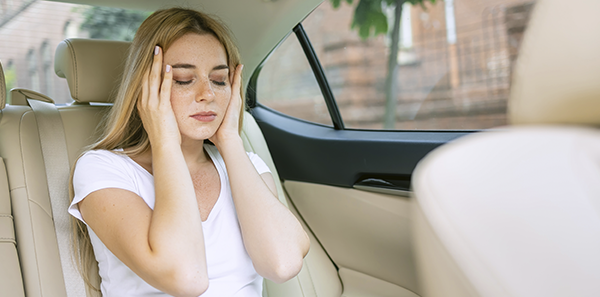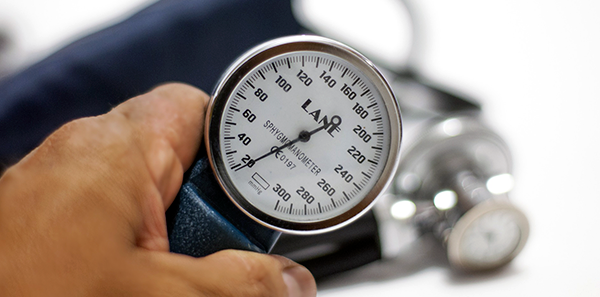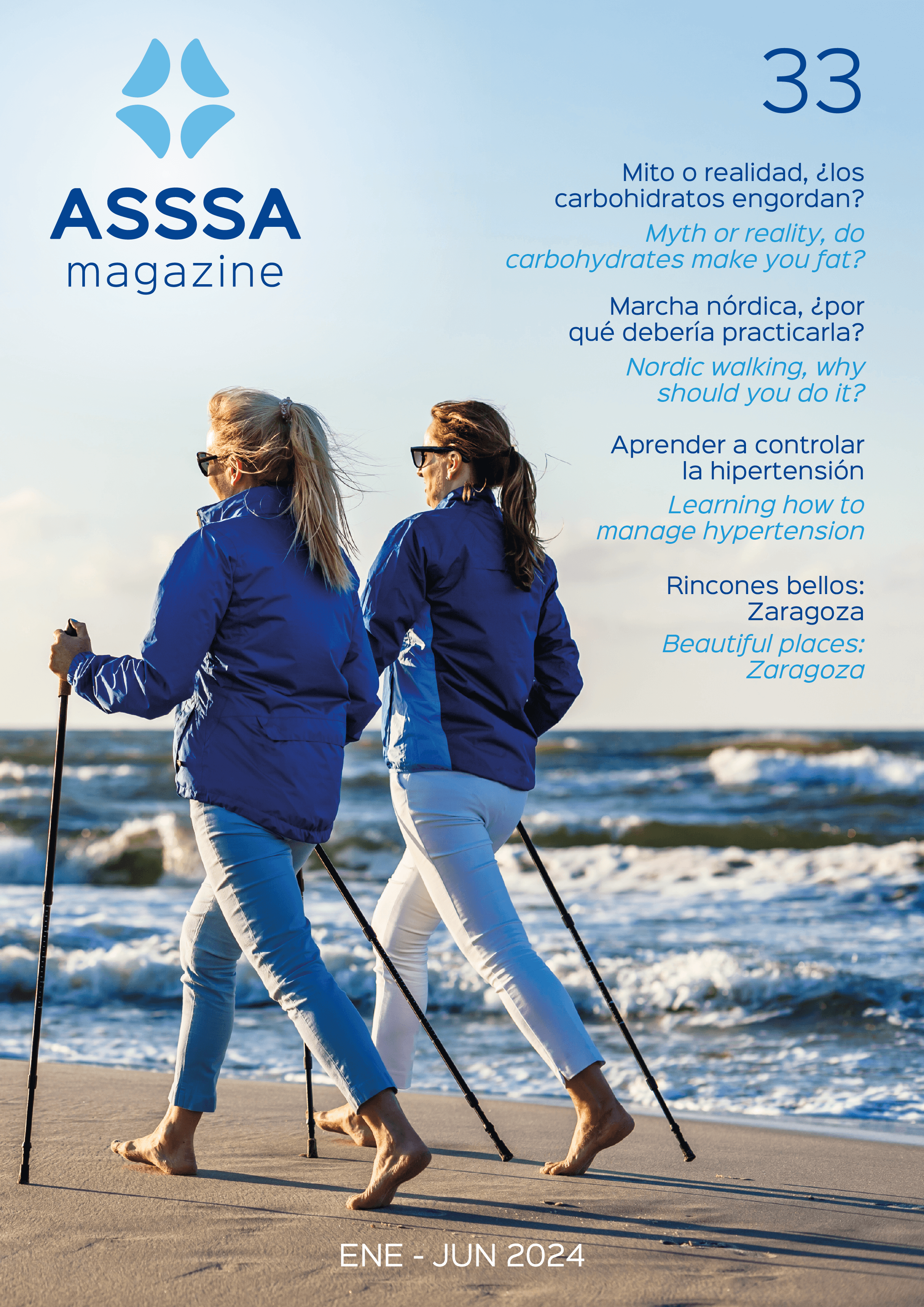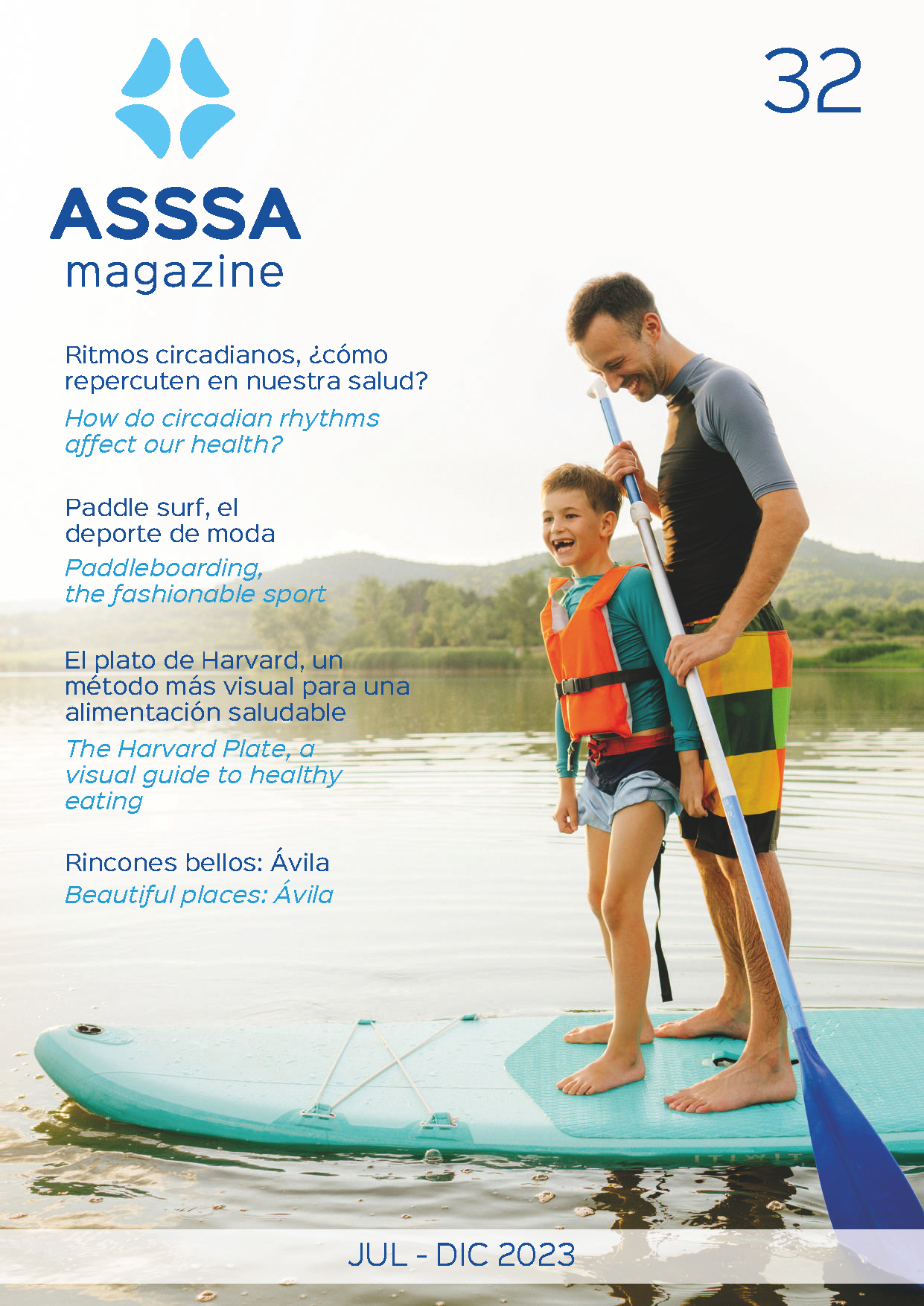
Most of us have experienced travel sickness at some time or other. It can happen in a car, train, boat or even plane and it mostly affects children, the elderly and pregnant women. But why does it happen?
Travel sickness is a normal physiological response of our body to being still in a means of transport and perceiving external movement stimuli. The results are stomach upset, nausea, cold sweat, fatigue, loss of appetite and/or vomiting.
Balance is achieved when three information systems work together in your brain. Vision, which gives you the perception of our body with respect to space. The balance organ, which is located in the inner ear and gives you information about movements, accelerations and decelerations, and lastly the information that your joints give you about your body’s position. All this allows us to remain upright.
Preventing travel sickness
- Smooth driving. The driver should try to avoid suges in acceleration, sudden braking or swerving so as not to move the passengers around too much. When driving on a bendy road, reduce your speed so the car doesn’t make sharp turns.
- Adequate ventilation. Keep the temperature between 21º and 23º C and don’t wear overly warm clothing. If the car doesn’t have an adequate airconditioning system, lower the windows.
- Watch out for bad smells. Have a clean environment, don’t smoke inside the car and don’t use really strong air fresheners.
- Choose a good seat. In cars and similar it’s better to sit in the passenger seat so you can see the horizon, or in the middle of the rear seats. In airplanes, in the seats closest to the wings and next to the window. On boats and ships, in a central area to reduce the swaying sensation or out on deck, and on trains, facing the direction of travel.
- Avoid looking at electronic devices or reading, and encourage passengers to have conversations, listen to music or sing.
- Sleep. As well as helping the trip go quicker, it prevents possible nauseas.
- Plan meals. Don’t eat a big meal before a trip and don’t travel on an empty stomach.
- Keep your head still. You can support it with an ergonomic neck pillow or on the back of the seat.
- Look at the horizon. If the trip is by boat, you can look at the waves or any moving object. If you’re sitting on a plane, train or in the rear seat of a car, look at the window and focus on what’s ahead.
If you get recurring travel sickness on every trip, it’s helpful to see a doctor and get some medication.
What to do in the event of travel sickness
What if we apply all of the above and still get travel sickness on trips? Here are a few tips:
- Open the windows. Fresh air reduces sweating.
- Control your breathing.
- Listen to relaxing music.
- Stop the car, get out and walk around for a while.
- Eat a green apple or salty crackers, foods that help reduce nausea.
- Avoid drinking water as it can lead to vomiting.












